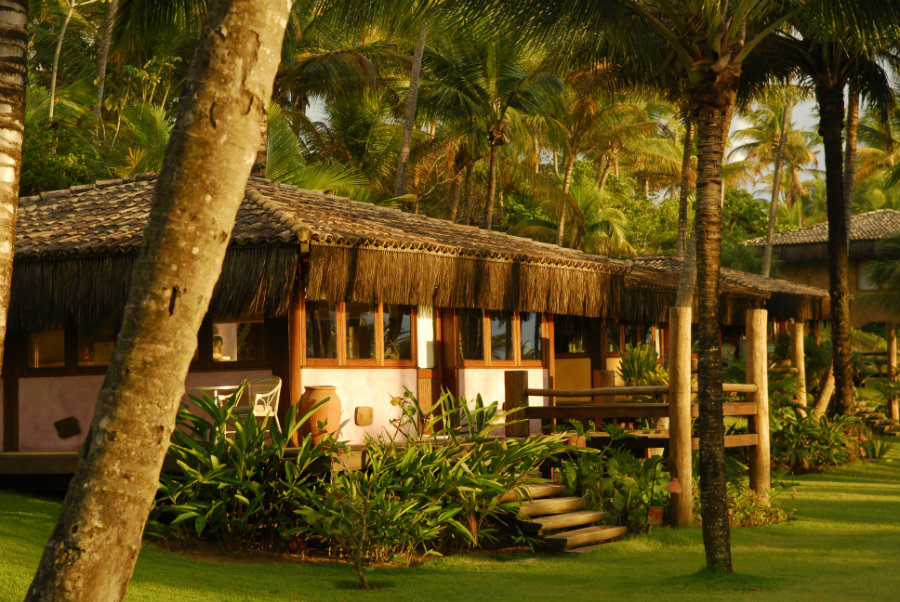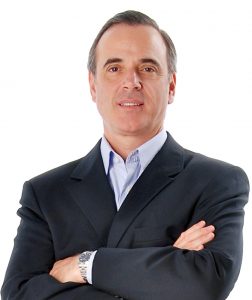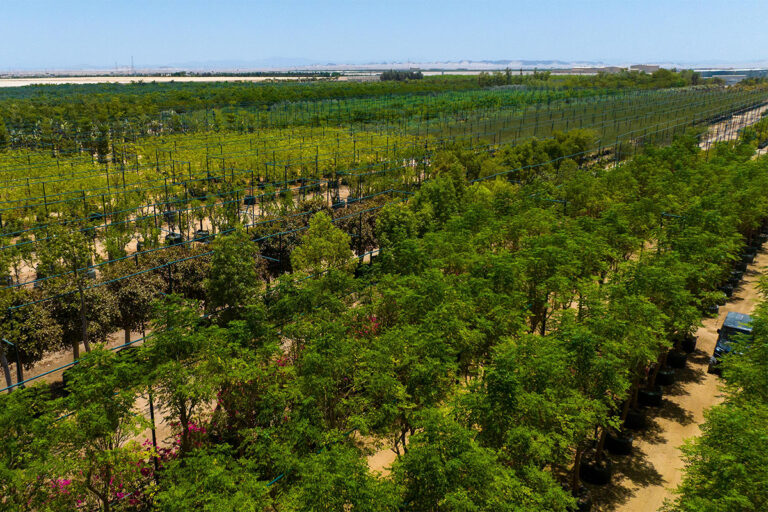 The tourism industry in Brazil is privatizing and trying to open up to foreign investment. You have an eco-resort which needs to be kept pristine: do you think that the move toward privatization is positive?
The tourism industry in Brazil is privatizing and trying to open up to foreign investment. You have an eco-resort which needs to be kept pristine: do you think that the move toward privatization is positive?
I would like to know how they will privatize the sector. We have some requirements and issues that the government needs to address. The first one is concerning regional flights. There are so many destinations to visit in the country, but there are few regional flights. The government could establish lower taxes on fuel for example and create financing for developers within an affordable tax scheme. It took me three years to get the financing to remodel the bungalows here, for example. Another issue would be labor regulations. In Europe, hotels at beach or ski resorts can close for 5 or 6 months during the low season. In Brazil, this is impossible, which means that everything earned in the summer is lost in winter. Now new labor laws have just been approved and I hope they will help improve the situation.

Is sustainability always at the heart of what you do?
Hotels and properties like ours are always located in outstanding places surrounded by nature. We must take care of these natural surroundings as well as the local communities. I always raise this fact with the government: they should support this model of development because it’s located away from urban areas, in small villages. You are in a position to bring education, culture and jobs to local people. This is both good for them and for us. They get fair jobs, a fixed salary, pay taxes and some added culture. They learn to speak English, for example.
It’s good for us, because we benefit from very loyal and dedicated employees who are happy to work here. This is fantastic for the country. We are doing a job that the government should be doing. They should offer us some help as we do not receive any kind of support.
Do you think the Olympic Games were a success?
I believe that in the future we will recognize that they were good for the country. A lot of money was invested in infrastructure. We now have some very good airports, some new high-rises and very nice arenas. I think these are all good things.

What are the major trends that you, as a property developer, see in the Brazilian market?
Brazil has an enormous potential market to be developed in terms of tourism. Our economy has gained strength again due to all the changes that are happening. People are travelling much more than they used to do ten years ago and so there is greater internal tourism which is more sustainable. Brazilians will begin to acquire second homes much earlier than we think.
Do you have a 5-year or 10-year plan of where you want to be?
I think that there are a great deal of things be done in Brazil related to tourism. It’s a totally virgin destination in terms of high-end resorts. Ten years ago, high-end resorts chains, especially from Asia (such as Amman Resorts and Six Senses), were looking to enter this market. After 2008, they disappeared because they had a lot of problems abroad.
It was good for us because we had time to improve and tackle new projects. I believe that in the future these foreign chains will come back to Brazil, and then the market could improve. Although Asia, Thailand, the Maldives, the Caribbean Islands and other destinations are much closer to parts of the world than Brazil, our company is investing in American tourism as well as continuing to promote our country to European visitors.
What do you think are Brazil’s USP differentiators, its strongest competitive advantages?
We have many points that differentiate us: Our rich culture, food, white sandy beaches, a constant sea temperature of around 25-26°C, our friendly people and no natural disasters. So please, come and enjoy![]()









